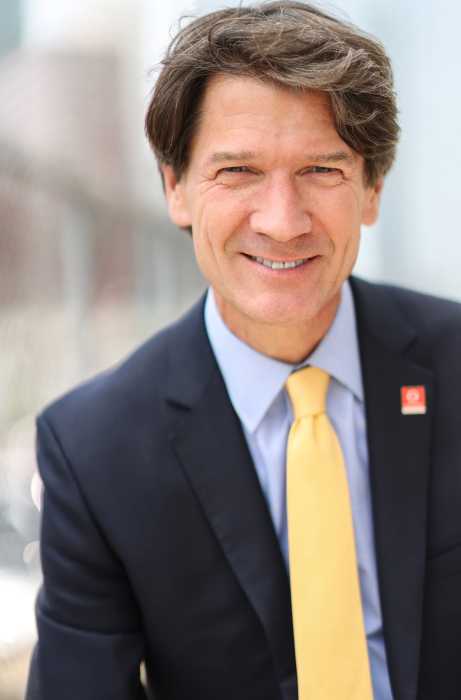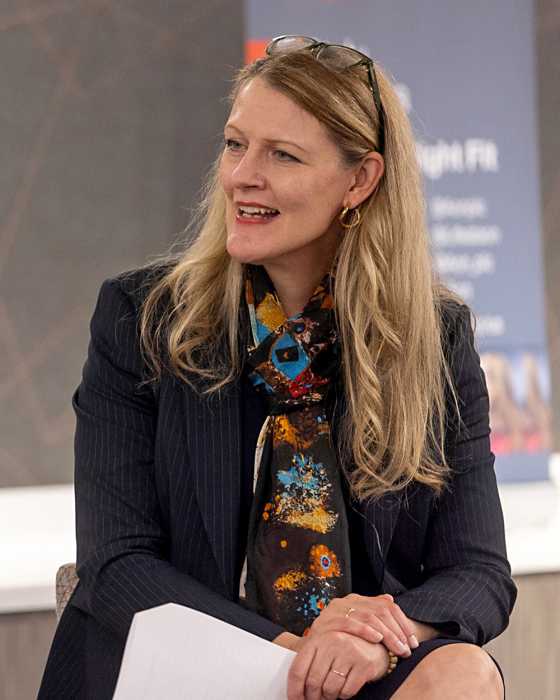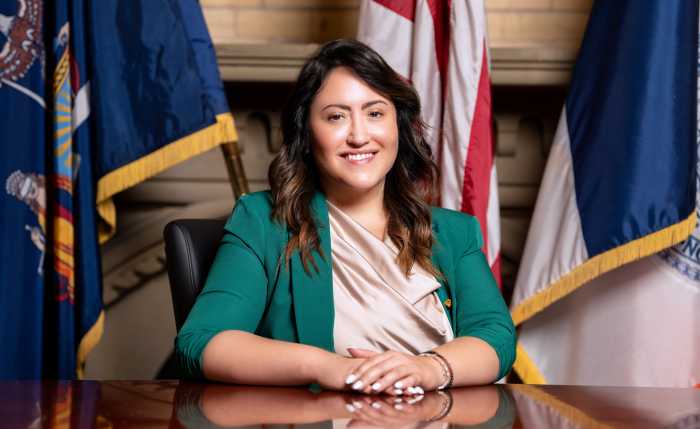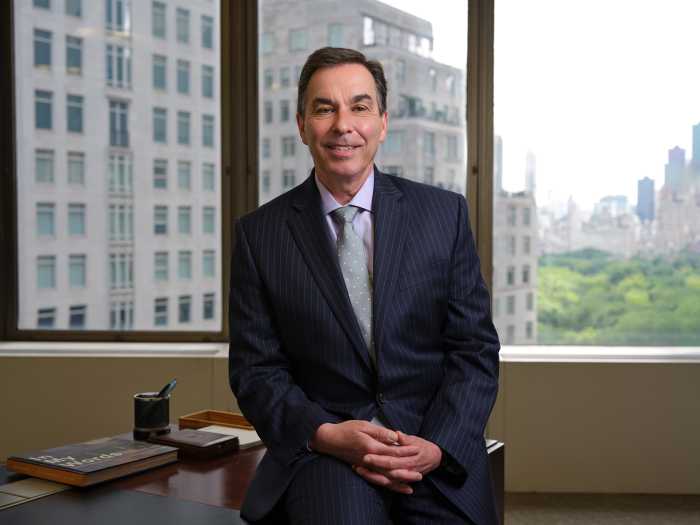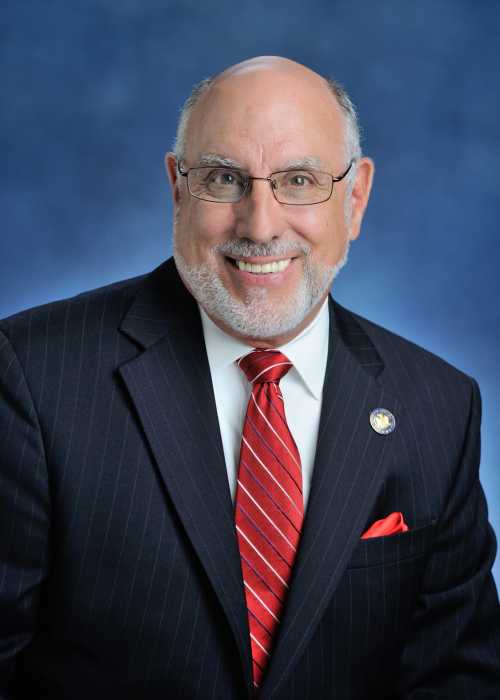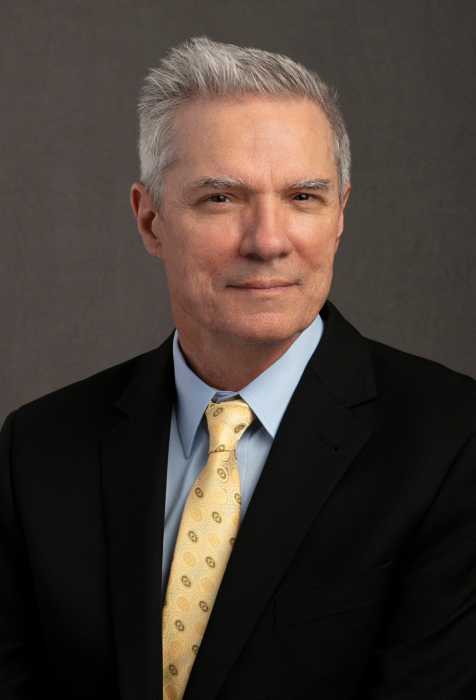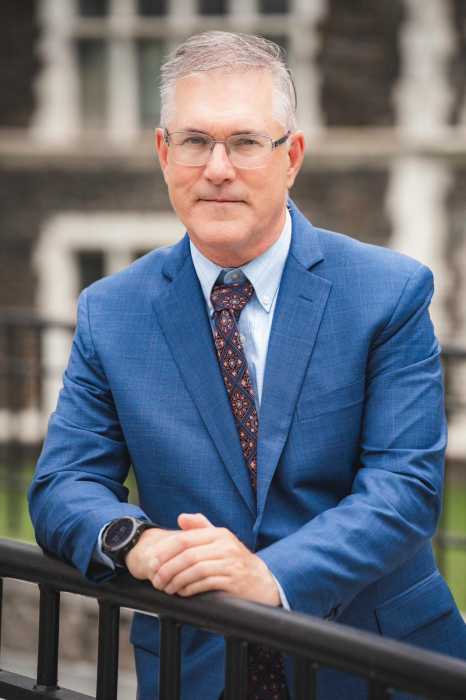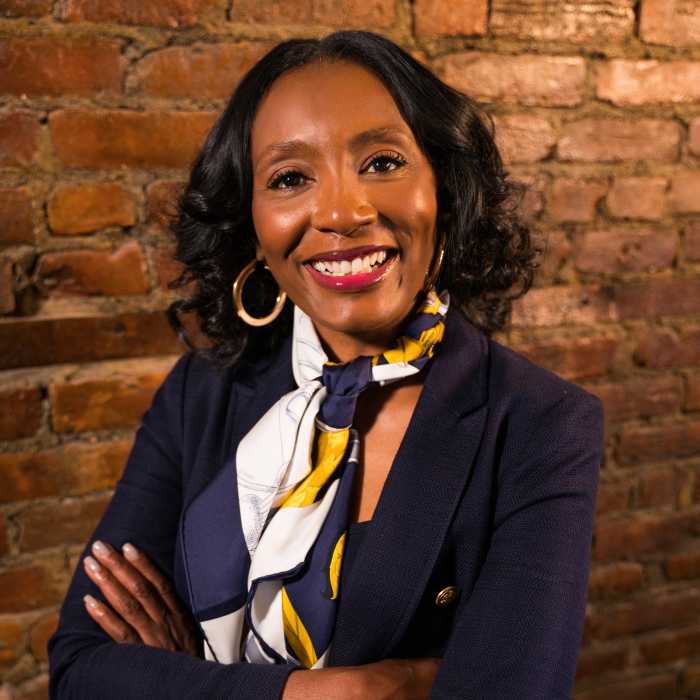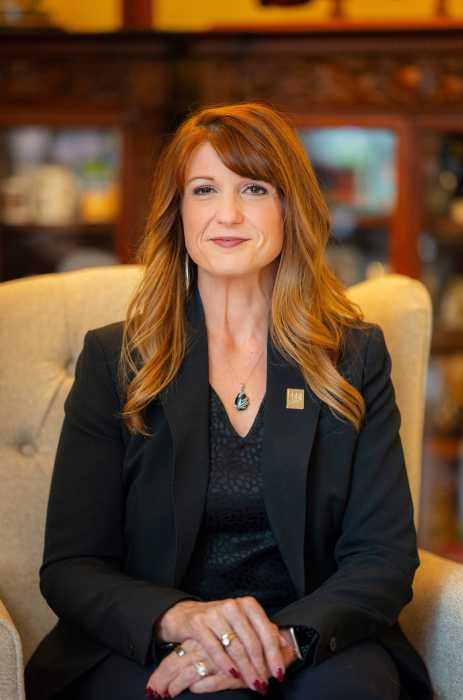Kenneth Adams, the fourth president of LaGuardia Community College, CUNY, leads an institution serving 25,000 students annually. Since 2020, he has focused on boosting enrollment, advancing student success, and expanding resources. He launched the $15 million “Tomorrow Campaign” in 2021 to aid students impacted by COVID-19. In 2024, Adams announced a record $116.2 million gift from the Steven & Alexandra Cohen Foundation to create the Cohen Career Collective, a groundbreaking workforce training center supporting economic mobility.
How has the educational landscape changed in recent years and what are your hopes for its future?
Concerns over tuition, student debt, and whether a degree guarantees economic benefit have grown. We must show positive outcomes in retention, degree completion, and employability. AI has emerged rapidly, bringing both promise and challenges – from personalized learning to concerns about academic integrity. Our future must focus on retention, completion, and job readiness. We must find ways of integrating AI and tech tools for efficiency and to strengthen learning, encourage equity, and protect academic integrity.
What do you most enjoy about working in education?
There’s a strong sense of mission in higher education: promoting access, equity, and serving the community. I enjoy witnessing students’ transformational journeys – academic, personal, and social. Helping students succeed, especially first-generation, low-income, or underrepresented students, is deeply meaningful. I enjoy making a difference in the communities our college serves through workforce development, cultural enrichment, and civic partnerships. Our commitment to serving students doesn’t just stay on campus; it reverberates outward.
As this year comes to an end, what are your goals for 2026?
We need increased support from the city, state, and federal governments to keep LaGuardia affordable and provide top-quality labs, classrooms, and facilities for our students. I want to ensure that more students – especially low-income, first-generation, and underrepresented groups – can access higher education via our associate degree programs or workforce training opportunities. I want to build more partnerships with NYC employers so we can offer paid internships to every LaGuardia student who wants one.


